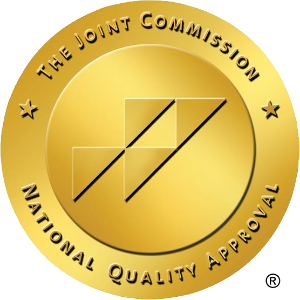Watching a family member struggle with substance abuse can be incredibly difficult. Whether it’s a spouse, parent, child or more distant relation, no one wants a loved one to experience feelings of shame or worthlessness. That’s why the right approach is key to helping a family member realize they need to seek addiction treatment and feel empowered to do so. Some experts consider family intervention a last resort to get started on the road to recovery, but if all else fails, here are some tips for having that difficult conversation.
What to Say and Do
It’s very important to inform a loved one who is struggling with substance abuse that they have your support in kicking their habit. Having additional family and your loved one’s friends also express their support for recovery is a valuable asset. Remember that you are not responsible for your family member’s behavior and you cannot force them to stop. The tone and language you use when speaking to your loved one can make a world of difference.
In the past, clinicians generally recommended that family interventions involve forcing a loved one to remain silent during the intervention and be presented with an ultimatum: either seek addiction treatment or lose the support of friends and family.
Now, many substance abuse experts advocate an approach where the family member in question can voice their fears or concerns and not be excluded from familiar social circles. If your loved one is willing to discuss their problems with a group of relatives and friends, each person should explain how his or her behavior has negatively impacted them.
Under federal law, addiction treatment is confidential, so you can assure your loved one that their recovery can remain private if they’d prefer it that way. Their employer may require a note from a doctor explaining that they will need a leave of absence from work for a medical reason, but the specifics of the absence need not be disclosed.








